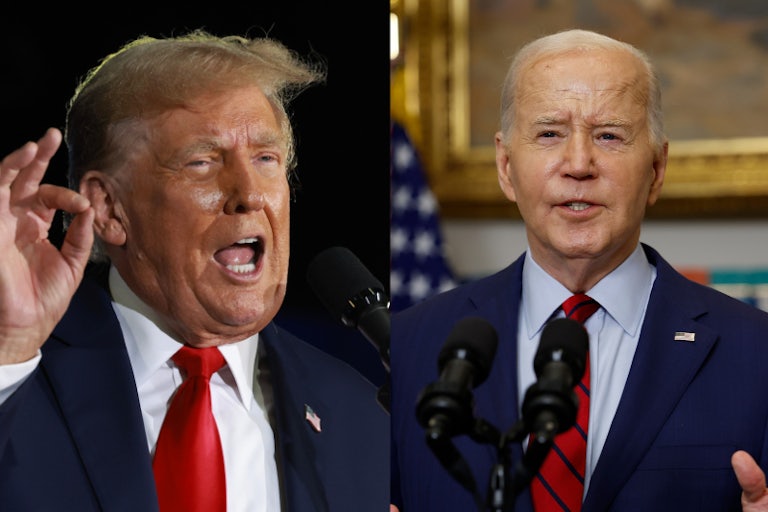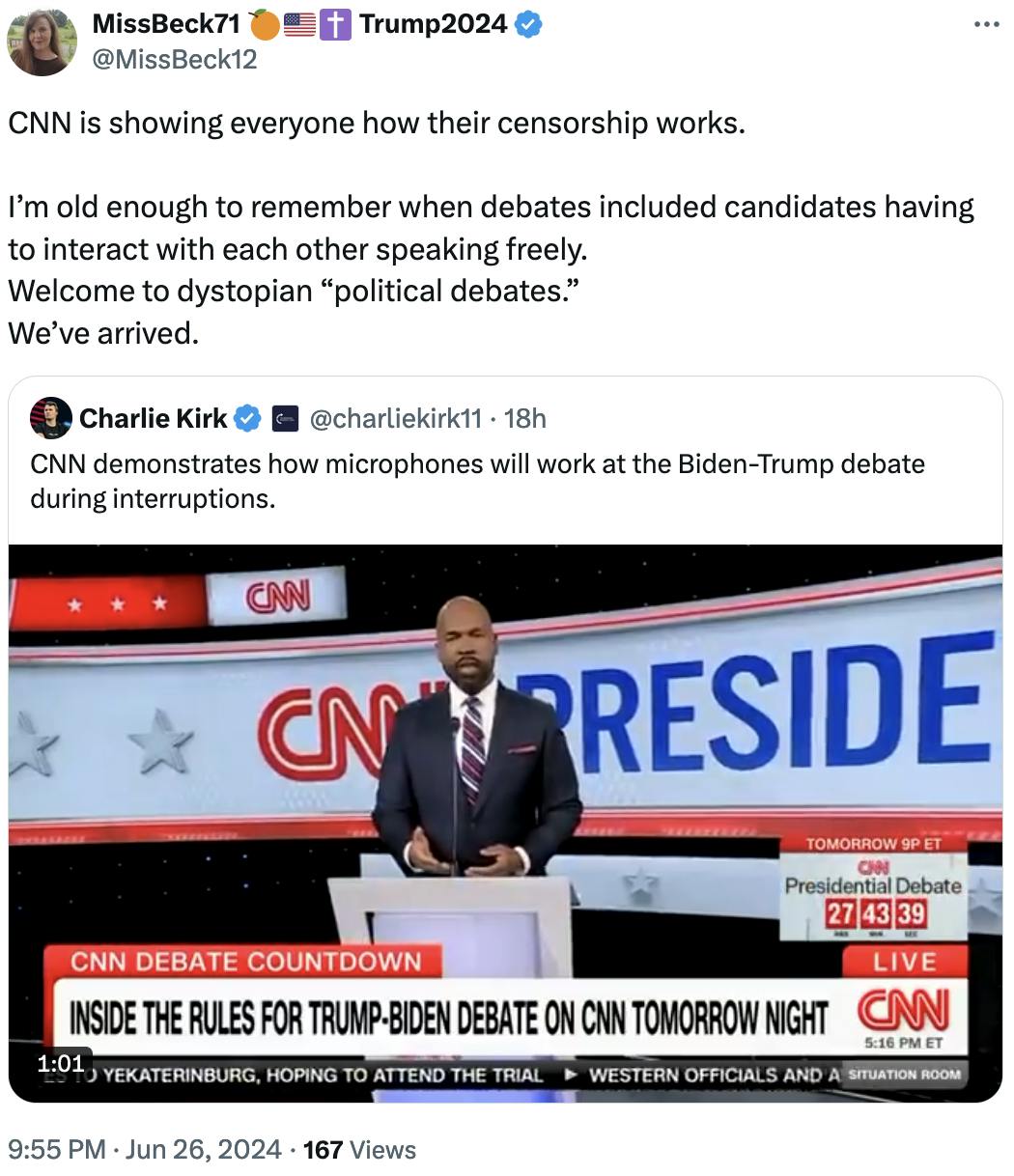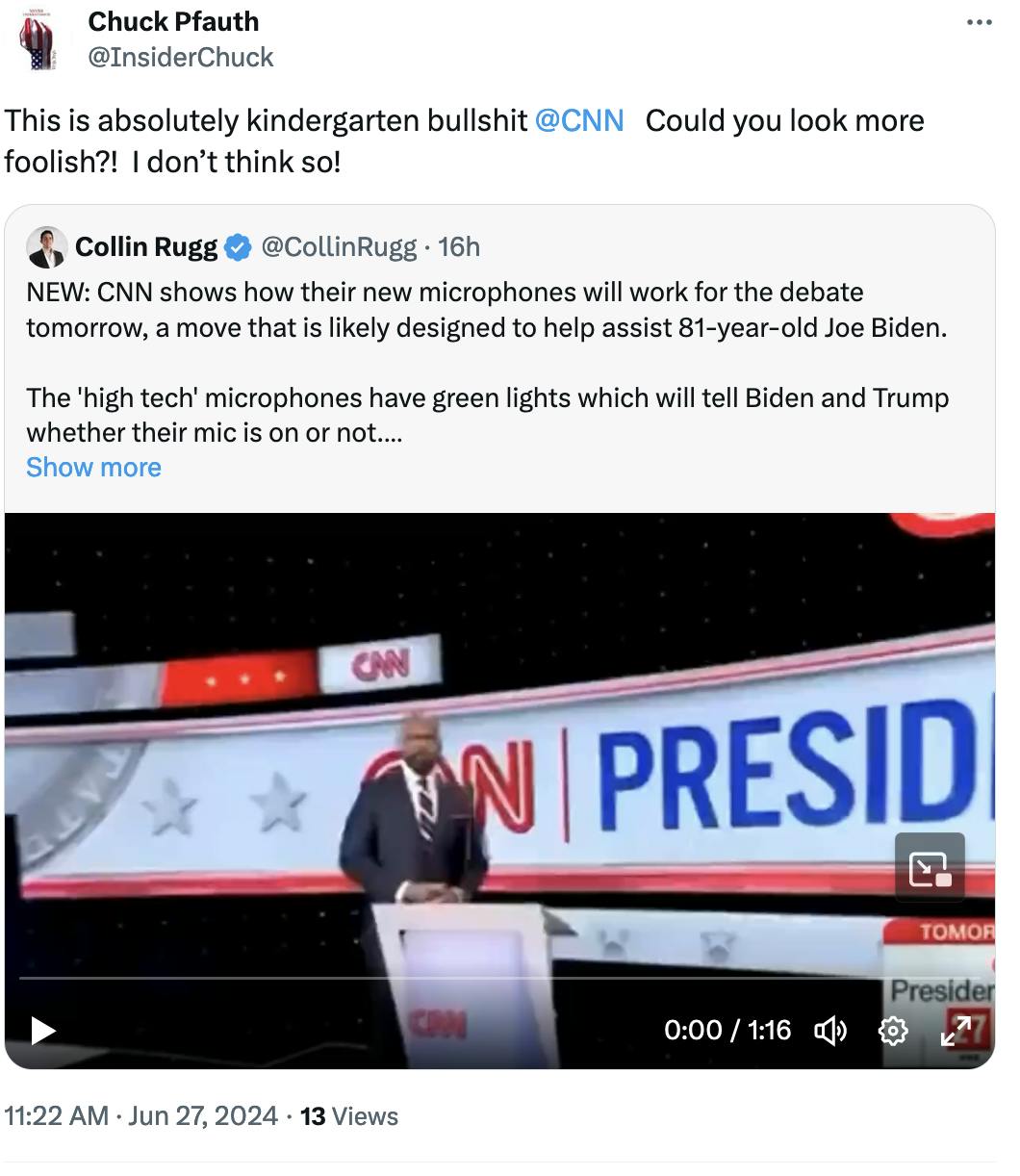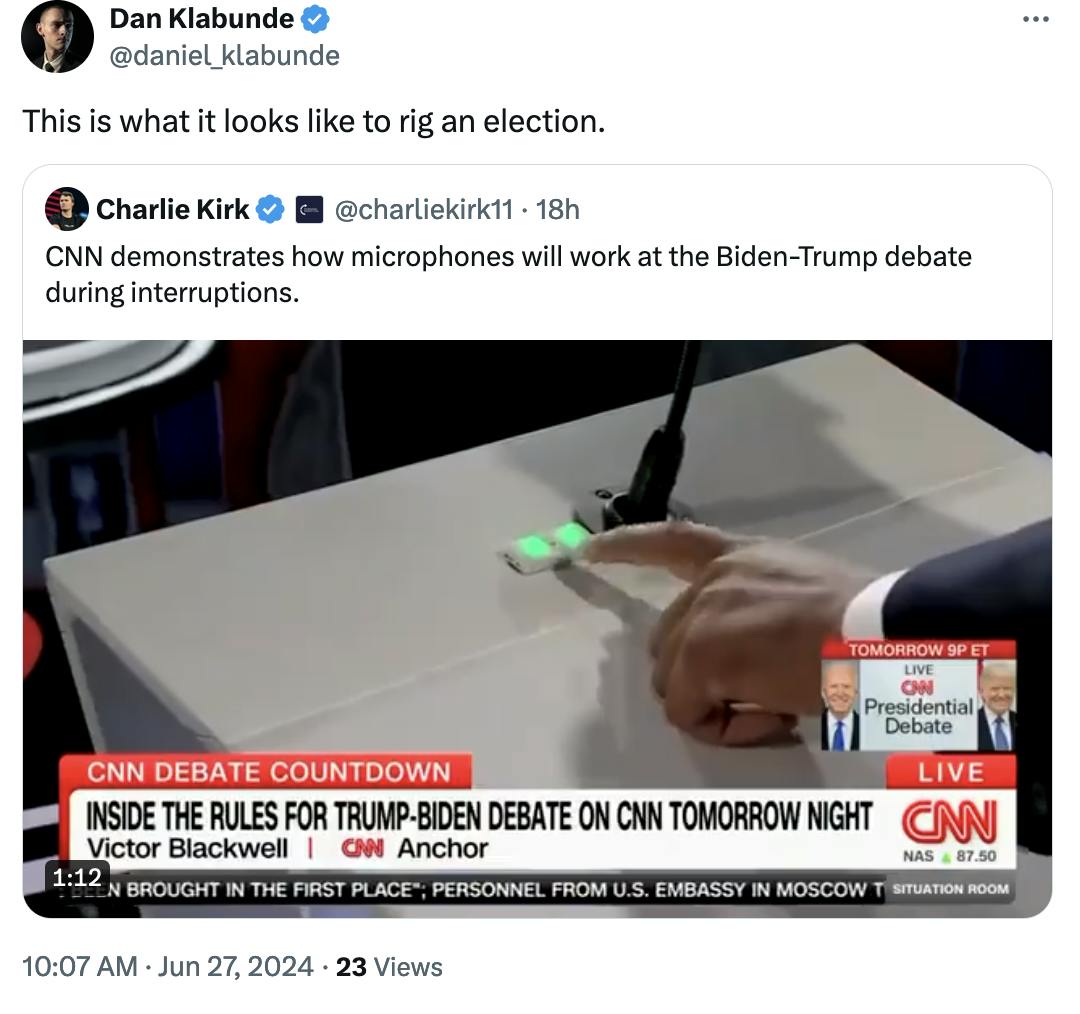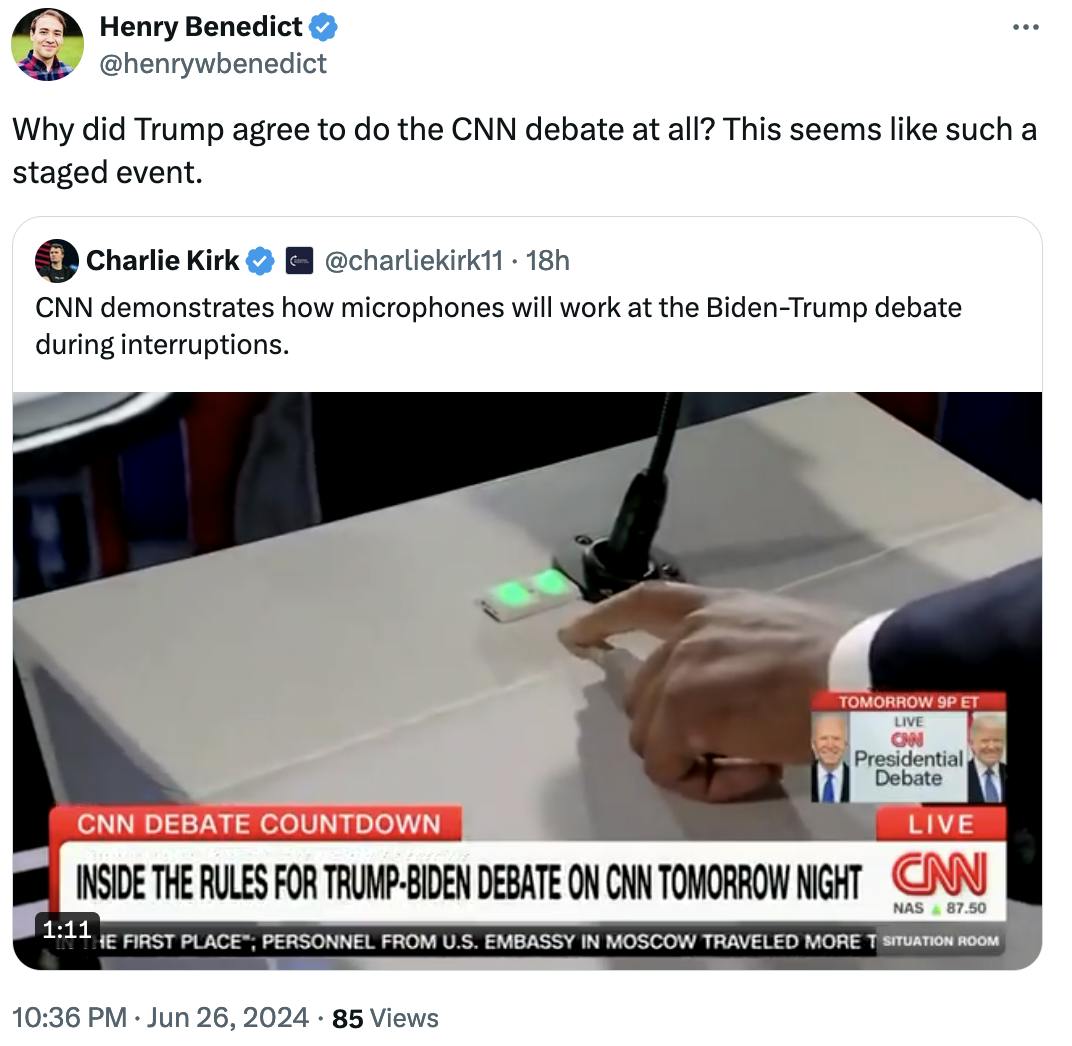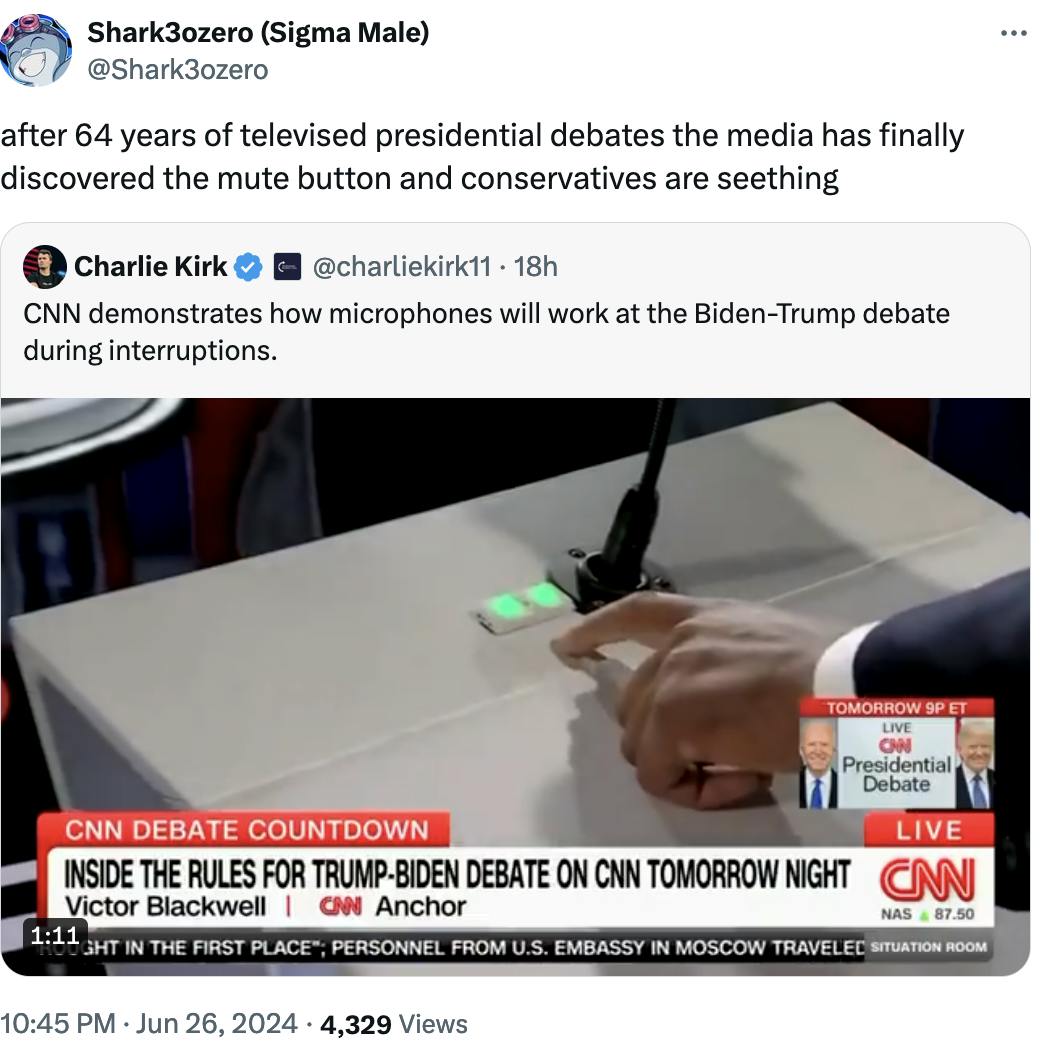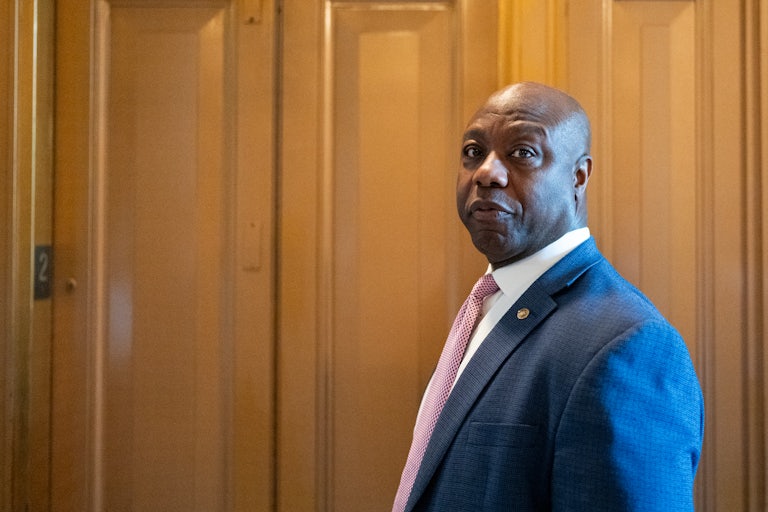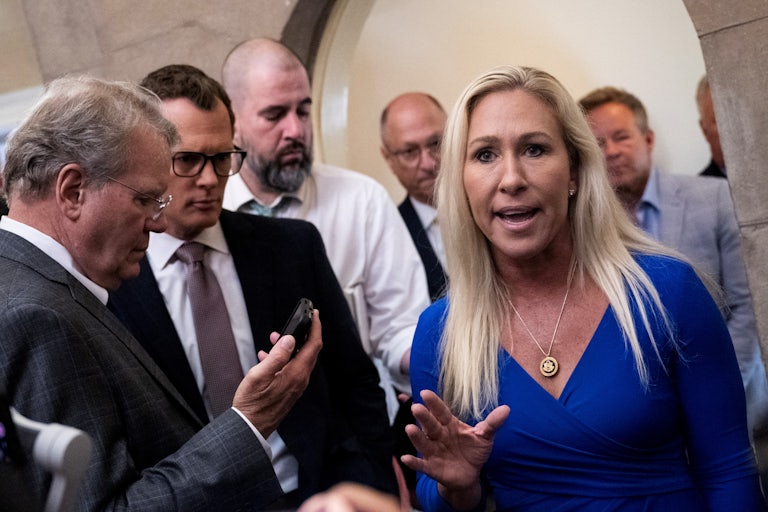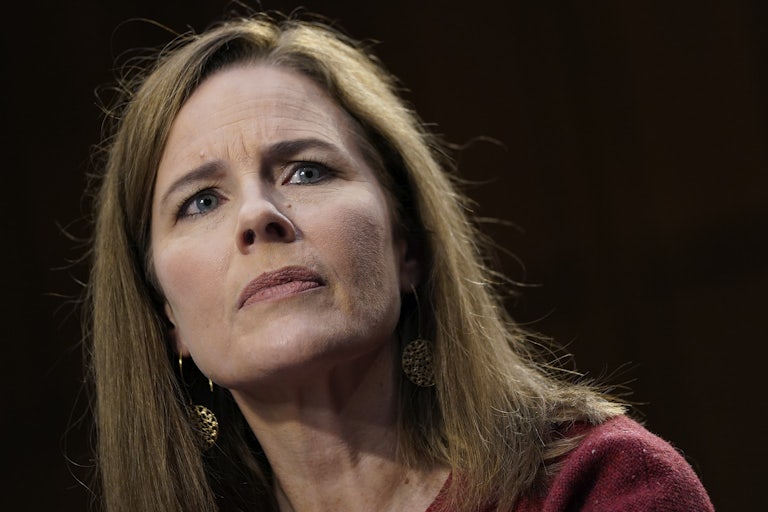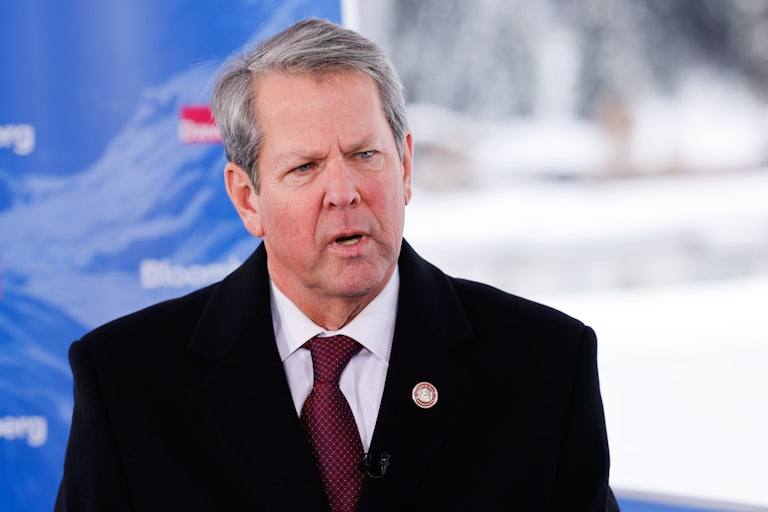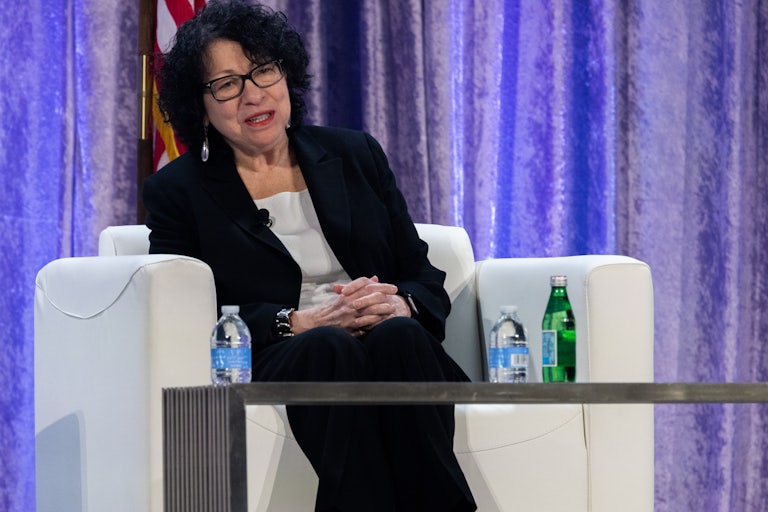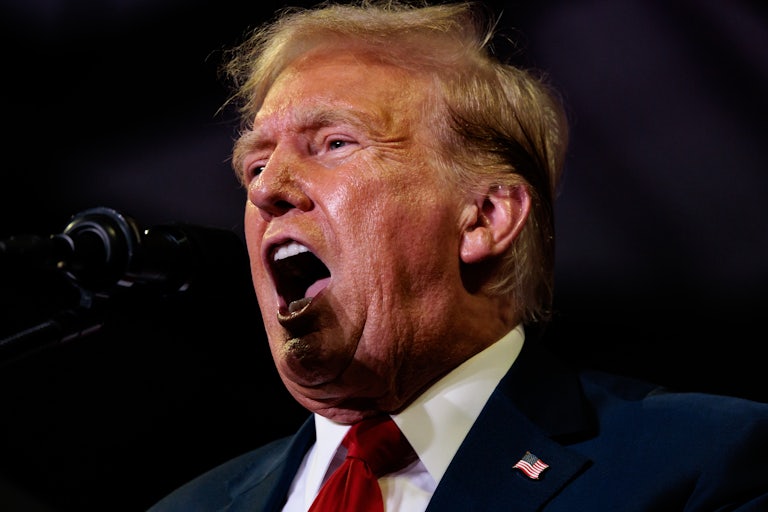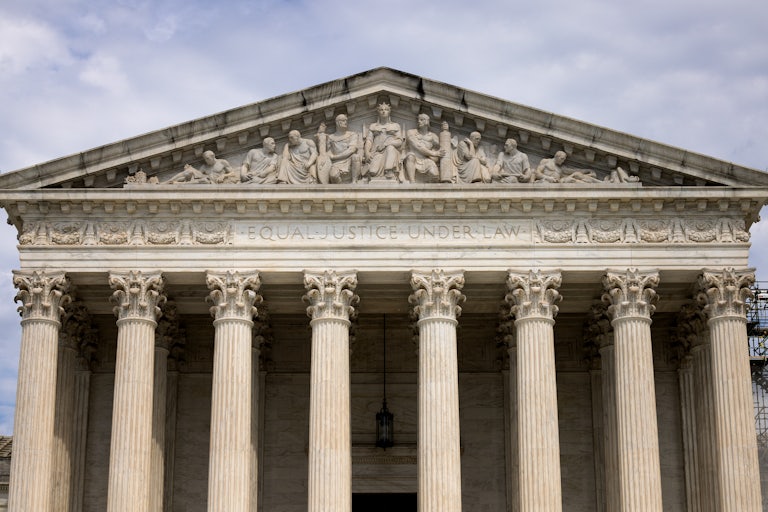Judge Cannon Schedules New “Mini-Trial” in Quest to Delay Trump Case
In a new ruling, Judge Aileen Cannon details exactly how she’ll waste more time in Trump’s classified documents case.
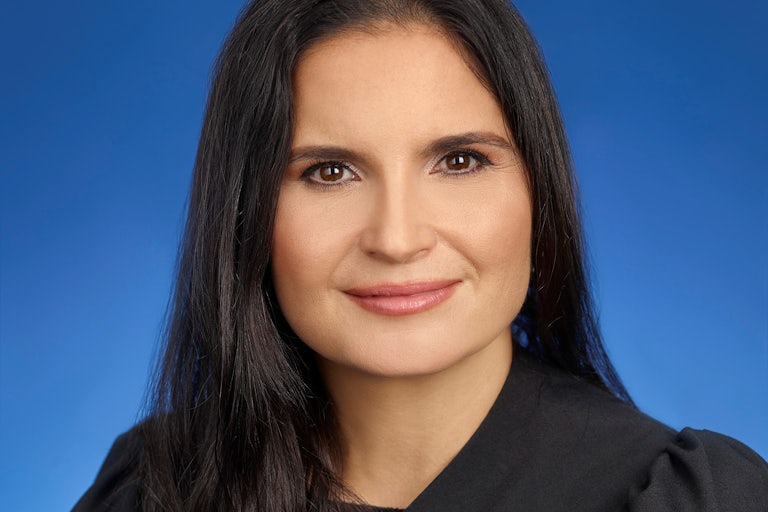
Judge Aileen Cannon denied a motion by Donald Trump’s legal team on Thursday, but she isn’t ready to stop what legal experts have decried as inessential hearings intended to indefinitely delay the actual trial.
The denied motion pertained to Trump’s effort to suppress 32 classified documents seized by the FBI during its raid on Mar-a-Lago. But in the same order, she granted Trump’s team an evidentiary hearing that could suppress key obstruction evidence, including former Trump attorney Evan Corcoran’s notes that describe a client who not only knew he had committed a crime but was also knowingly attempting to obstruct the federal effort to retrieve the documents.
The decision to hold what special counsel Jack Smith’s office has described as a “mini-trial” over the notes would effectively overrule a D.C. District Court’s decision that ruled that Corcoran’s notes fell under a crime fraud exception of attorney-client privilege. It would also further postpone the classified documents trial, likely until after the November election, after which Trump could theoretically pardon himself from the federal charges.
In a written order clearly conscientious of the time-wasting criticisms being levied against her, Cannon claimed that there “is a difference between a resource-wasting and delay-producing ‘mini-trial,’ on the one hand, and an evidentiary hearing geared to adjudicating the contested factual and legal issues on a given pre-trial motion to suppress, on the other.”
Trump faces 42 felony charges in the case related to willful retention of national security information, corruptly concealing documents, and conspiracy to obstruct justice. Meanwhile, the Trump-appointed judge overseeing the case has slow-walked the trial so aggressively that she has been accused by legal experts of attempting to postpone it indefinitely. Last week, Cannon began hearing arguments not related to Trump’s actions—but instead on whether Smith’s appointment to the case, and its subsequent prosecution, was constitutional.
